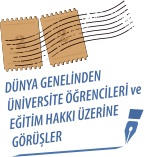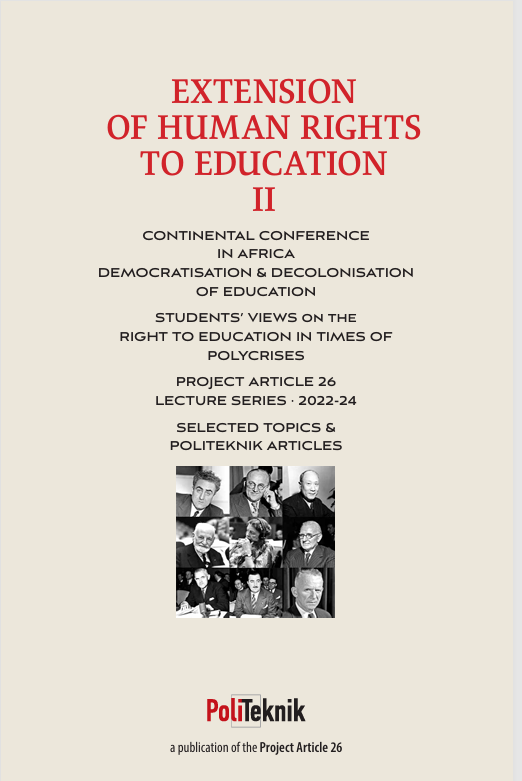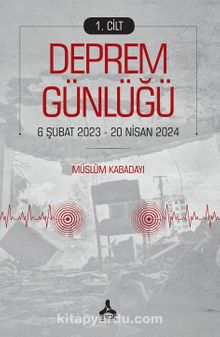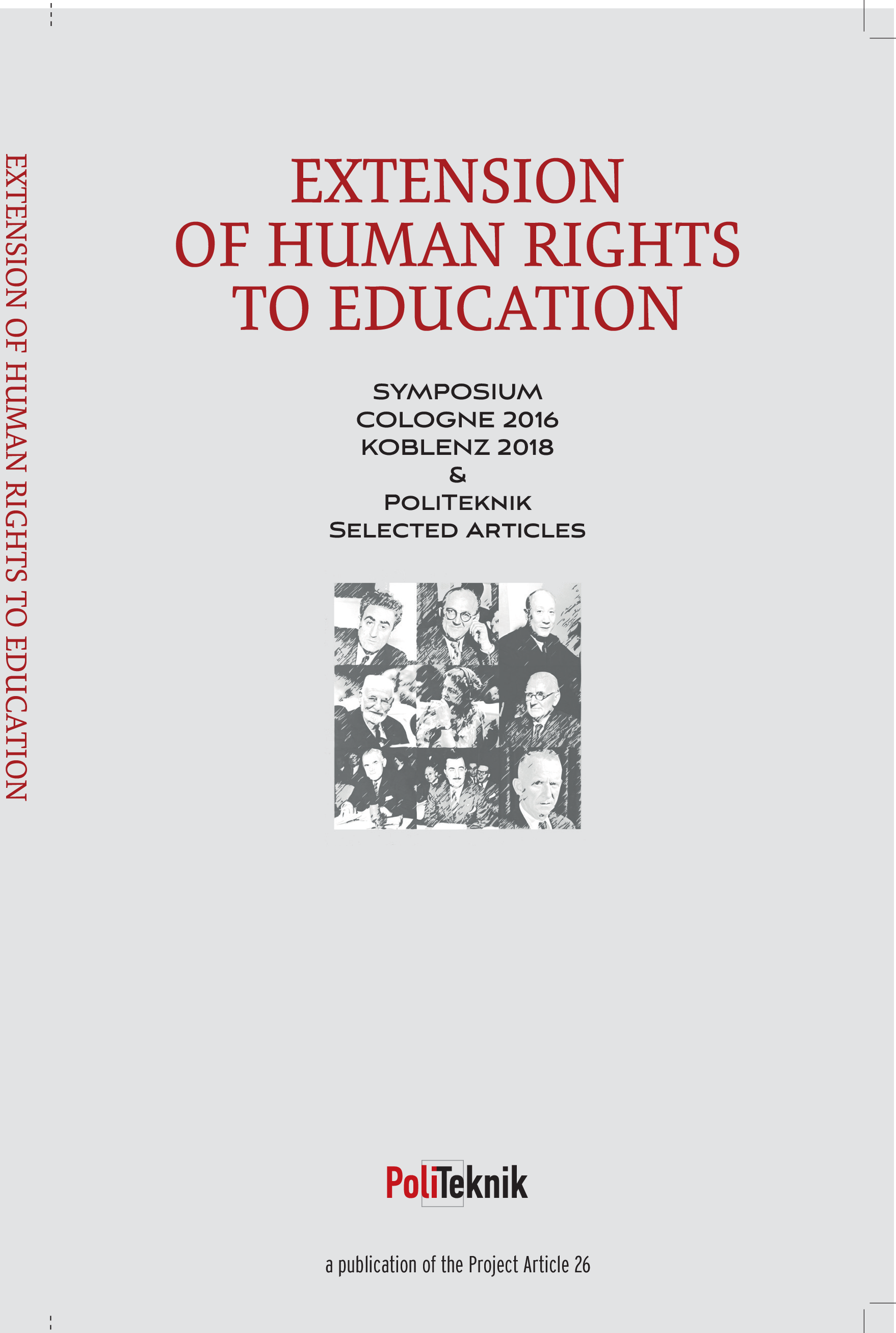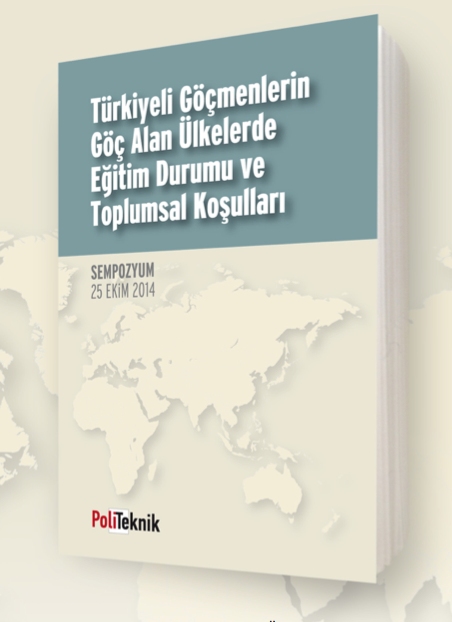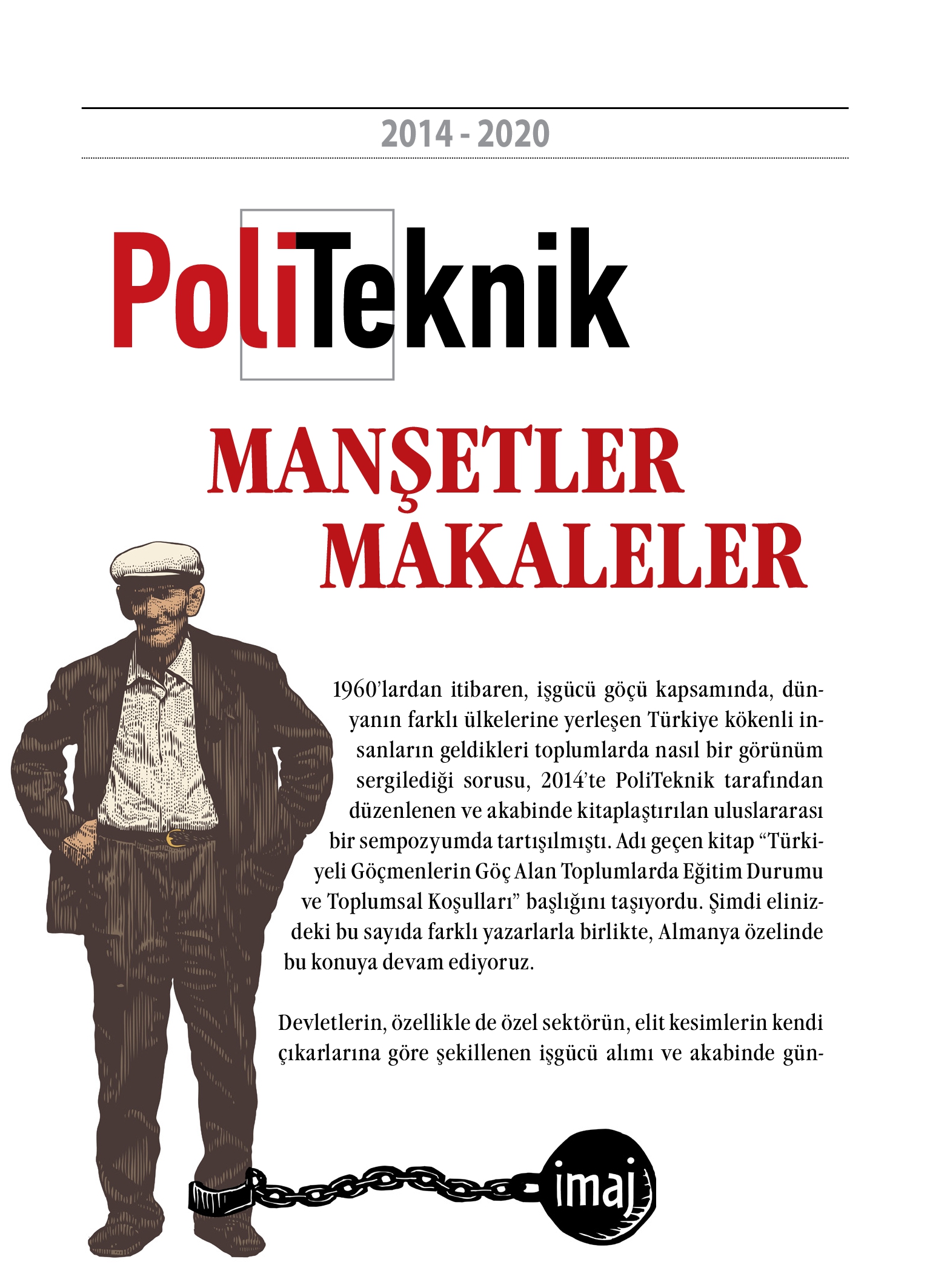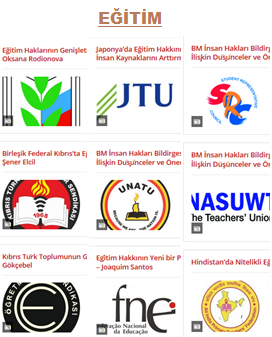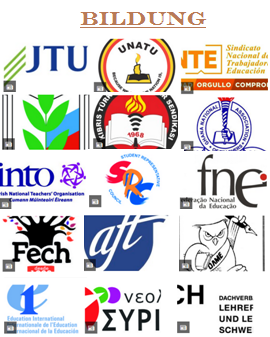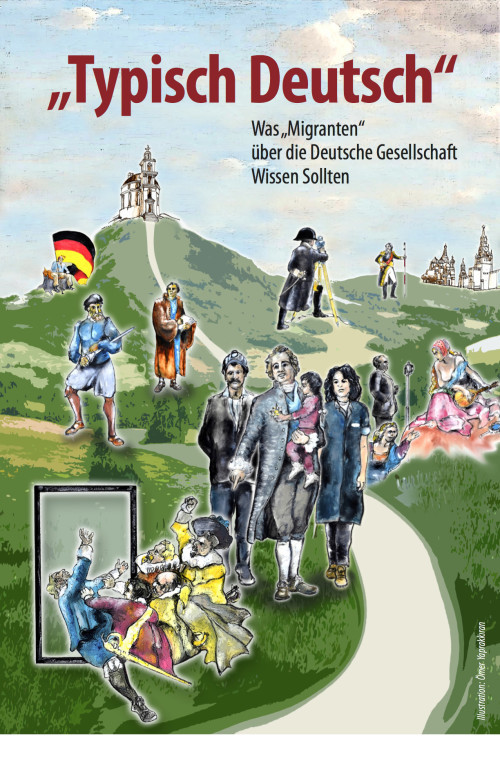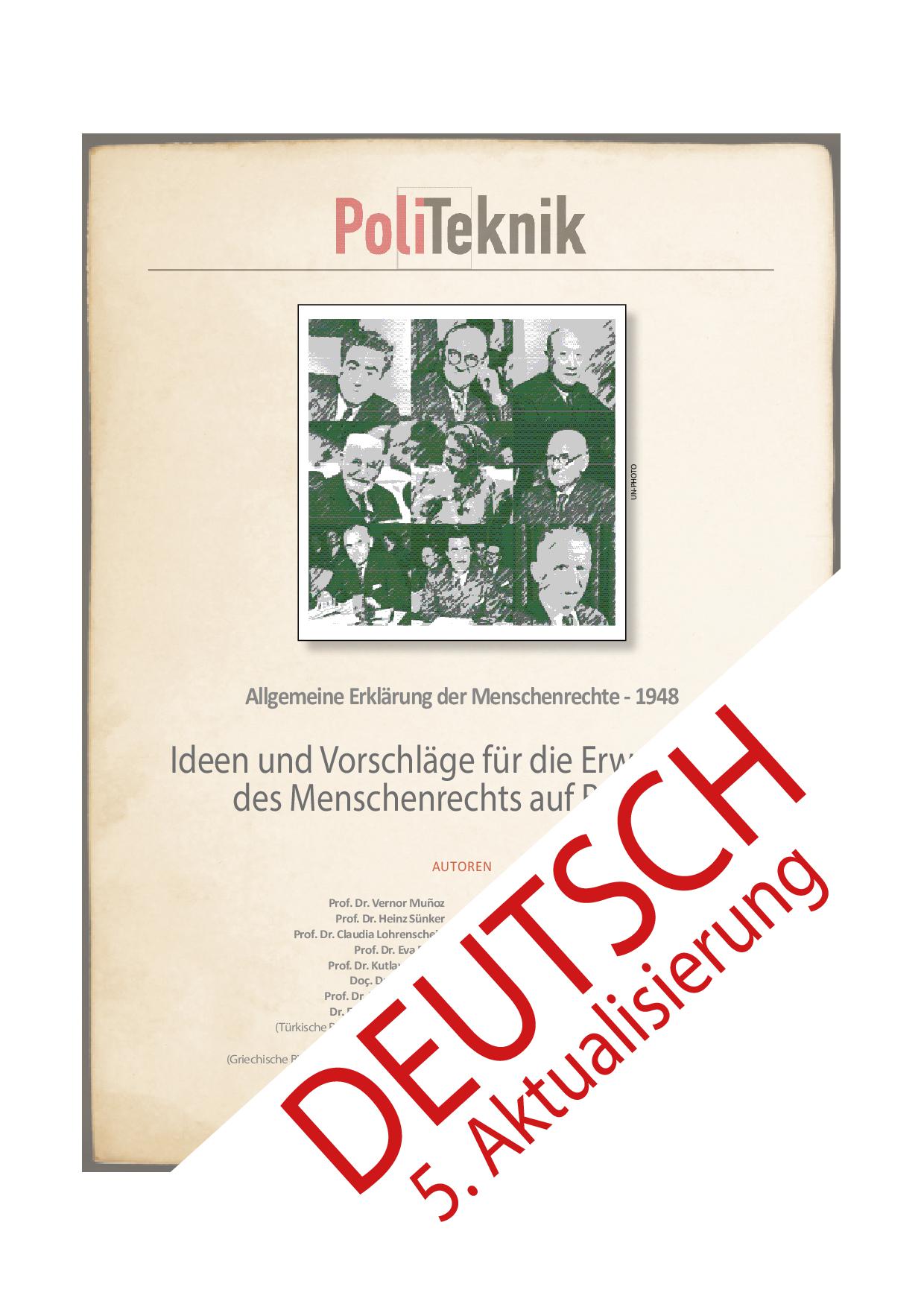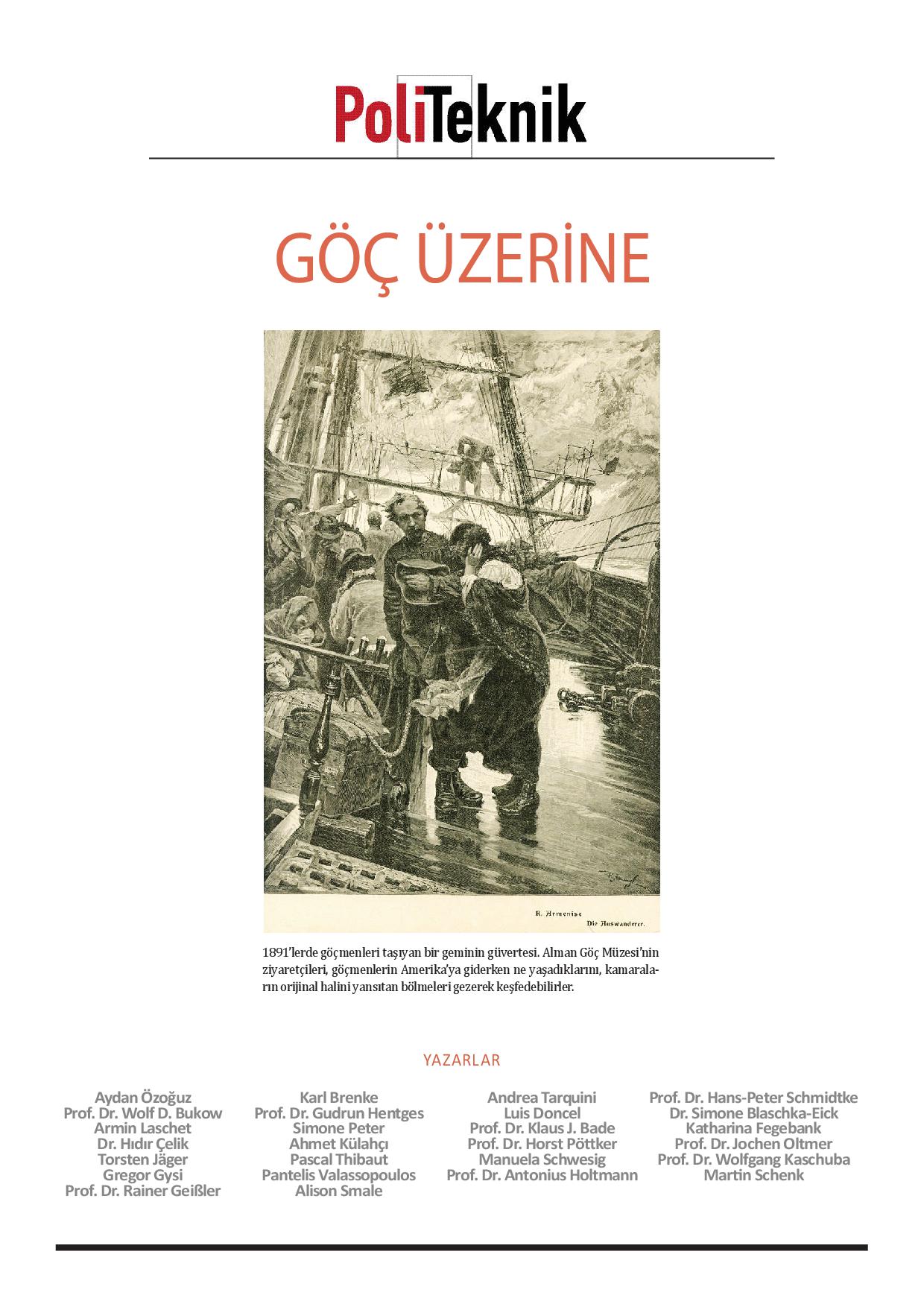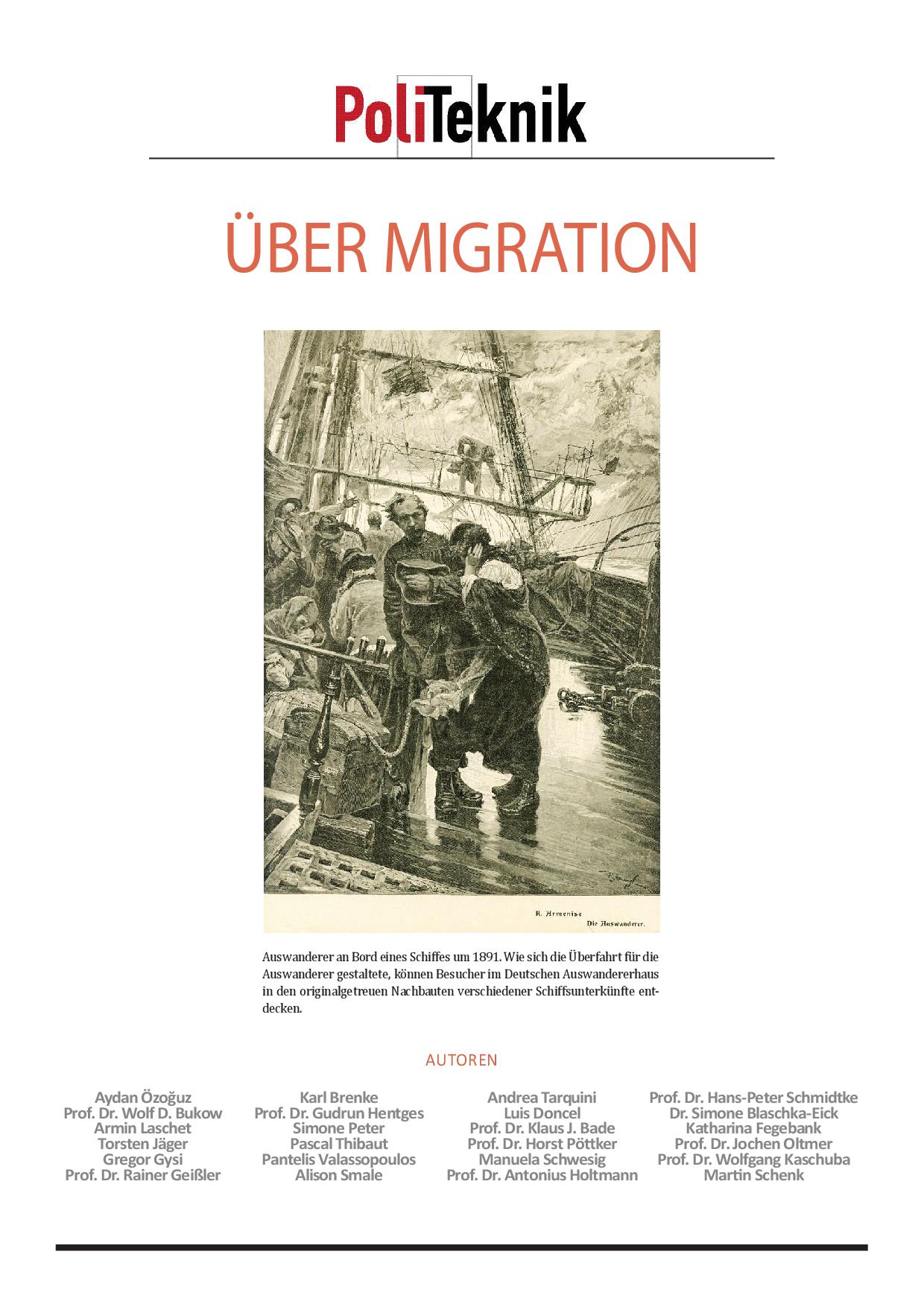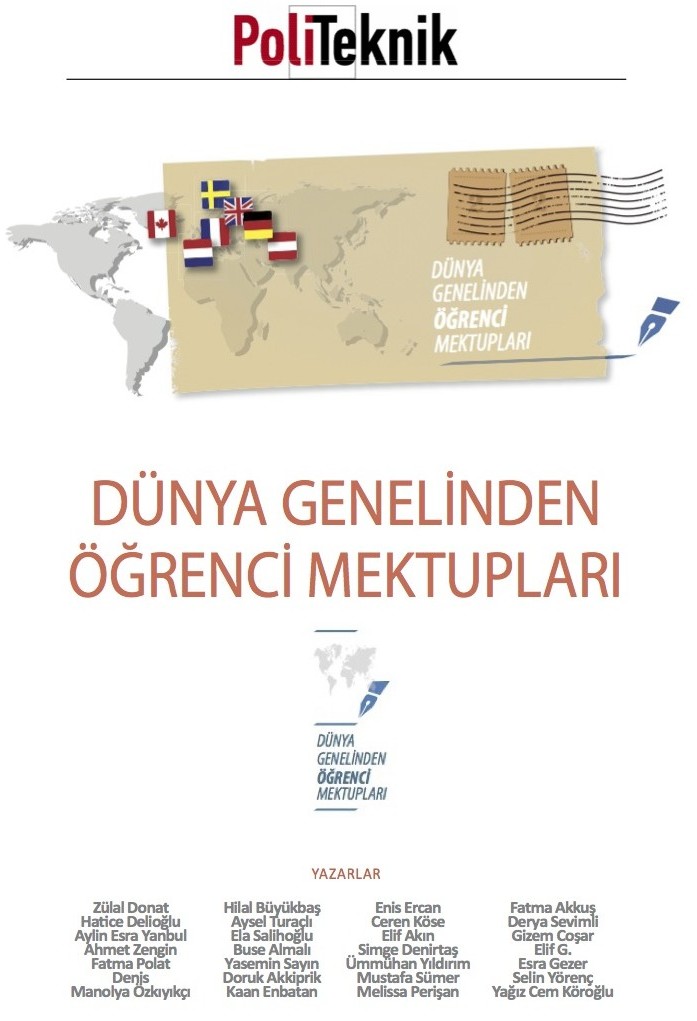Camila Antero de Santana
Master’s degree course in human rights
Universidade Federal da Paraíba/Brasil
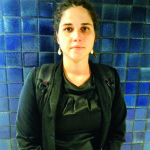 1. How do you evaluate your higher education in terms of quality? What are the pros and cons you observe?
1. How do you evaluate your higher education in terms of quality? What are the pros and cons you observe?
I evaluate that Im a privileged student of higher education because I study in a public university, wich is a right not guaranteed to the most of people. The last governments are prefering investing on private institutions on higher education than investing on public education. Loads of higher education students in Brazil are indebted because of affording education bills. The State only rents money to students, even though every brazilian citizen pays tributes to afford education.
2. Do you think education in universities is equally provided across your residential country? Is there any distinction based on high-profile/low-profile universities? If so, what do you think regarding this distinction? Could you make a comparison between your country and the countries considered as having a good education system?
Certainly, education in universities is not equally provided across Brazil. There’s a distintiction where universities with low profiles are the private ones and universities with high-profile are the public ones. There is a recent study wich concluded that 99% of private universities of Brazil do not produce any knowledge, most of scientific advances comes from public universities. I think that private universities have not as an objective to produce any knowledge, their principal focus is really profits, they do not educate people for producing any knwoledge to help people’s real problems. They have and education devoted to the wills of market and capitalism. Public universities in brazil are pretty attacked too, by cuting their resources. Also, students from public universities that need students assistance for studying have human rights violated by omission: by the lack of water, lack of food, lack of eletricity on student’s residence. I cannot make a comparison between brazil and these countries in terms of education, because I do not know the reality of these counries.
3. Do you think your socio-economic status play a role in accessing higher education?
Definitely. I’m totally conscious that my socioeconomic status, with the possibility of only studying and have studied in good schools played a big role to me in acessing higher education in a public university. Most young brazilians have to work early in life, most of them have to quit education in order to work, before accessing higher education.
4. Do you have any friend who has to get a loan for financing her/his education? Could you provide brief info about her/his indebtedness and future expectations?
I have some friends that are indebted because of financing higher education. One of theses friends went on this program called FIES (wich is a partnership between government and private education institutions), where the government lends money to the student, paying for his/her college bills, and when the student finally gets his/her degree, he/she founds himself/herself indebted with more than R$ 80.000 reais, and thats a lot of money. This friend in particular never payed for his debt he is still indebted with the state. That is crazy, because in the first place we all pay tributes for public education.
5. Should education be free at every level? Could you give details for your answer?
I believe education should be free at every level, because education is a right. Education as right is an assumption for any Democracy. You cannot say you live in a democracy, where formal education is still a privilege, only possible for a few people.
6. In which extend does the privatization process impose public education in your country?
The privatization process is runnign “just fine” in the level of the government of my country. They are trying to boycott investiments on public universities, they are making personal persecution to professors and deans from public universities that are against privatization process, they are cutting investiments on scholarship and research, they are changing education curriculums from higher and medium education in antidemocratic e obscure process. And thats because we are being governed by politicians that are “employees” of private education cartels and companies.
7. Do you think private sector has an influence on your country’s education system, without having a democratic legitimacy?
There is no doubt. The current education minister in Brazil represents the interests of a business group called “ser educacional” wich is one business group expanding private universities across the country.
8. In your opinion, which institutions should provide education?
I think most student vacancies shall be in public institutions, because vacancies for everyone should be guaranteed. Education shall not be regulated by market, and thats what happens in most private universities.
9. How can it be secured to fully implement the right to education as a human right?
I dont know. But I believe a good start is implementing an education that is comunity based and runned by communities themselves.
11. In which extend do the mechanism of exclusion/elimination from education occur in your country?
It runs sort of this way:
if you study in good schools, you have a chance on public universities;
if you have studied in public schools, its more difficult for you to access public universties;
if your family earns less than 1.200 reais an month (50% of brazil’s families), you probably will have to get a job when youre 15;
if you are a black person, you are definetely and exception in medicine course (either public or private medicine course, wich is a very expensive course)
if you have not achieved the necessary grade to go to a public university you can still access private university by indebiting yourself (forever)
these are just some situations that do happen on accessing higher education.
12. What do you think regarding the parents’ rights to choose the kind of education given to their children?
There are plenty issues with subject. In brazil, we are experiencing some kind of “tug-of-war” about basic education curriculum, particularly on the religious subject. About religion, I think public education should not educate the young for the beliefs and the ethics of one or another religion in particular, I think public religion education must educate for tolerance, for diversity, for the people to respect each other religions.
13. What is the role of government in ensuring Education for All goals in developing countries?
In my country, the constitucional role of government is ensuring Education for all goals. Talking about the the situation of developing countries, there should be reparation politics, and special education for the alphabetization of the people. And we need quality on education and valorization of professor careers.
14. How the unfinished agenda of Human Right to education can be achieved?
I don’t know, but I think leting the peoples having their own education (like originary peoples from america do have their own means and kind of education), having student vacancies for everyone since early age to the elderly, having politics of inclusion like social and racial quotas in acessing higher education, I think these are some means to achieve some more of Human Right to education Agenda.
15. How to ensure people’s participation in Education policy of different nations? Especially in developing countries.
For this we have to strengthen the democratic instruments on the very basis of society. We have to ensure the participation of family, the participation of women and comunity in the deliberation spaces about education.
16. How State can arrange funds and resources for public education?
State arranges funds by tributes over economic activity. State can also obligate companies ins having a special fund destinated to public education. In my country about 5 years ago we all brazilians were discussing the possibility of destinating a part of petroleum public profits to education (maybe 20%, 50%, 100%), but this new government (2016) just sold out our oceanic sources of oil to a foreigner nation, and now we dont have any of it.
17. How to ensure right to education of refugees children in developed countries?
On developed countries? I dont know the reality of developed countries, because I live on a developing one (Brasil), but I think theres a lot of racism envolving the relation of natives of developed countries and refugees from another countries. I dont know, I think depending on the situation it can be better to integrate refugees children in regular schools of the country; and in another situation it can be better to create special schools for attending refugees children in their special (cultural, social) needs.
18. Do you think that privatisation of education can ensure education for all children in globalised world?
I dont think só. Privatization of education means that our education will be alienated from us as citizens. There wont be time for thinking and learning, the only things that matters is money and market, everyone against everyone. Thats the experience I have in my country.

